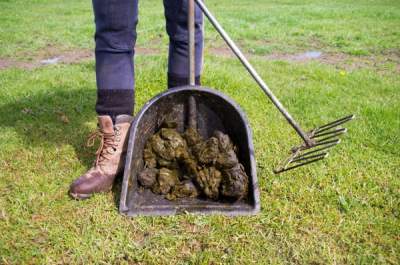 Equine Enteric Coronavirus (EEC) may be new to you because the disease has only been recognized in the past few years.
Equine Enteric Coronavirus (EEC) may be new to you because the disease has only been recognized in the past few years.
In February of 2014, Cornell University labeled Equine Enteric Coronavirus a “newly emerging disease of horses.” Most recently, a case was confirmed in Louisiana on December 2nd 2014 by LSU, while Cornell University has also had positive test results in horses “from several states including New York, Missouri, South Carolina, Connecticut, and Vermont.” Trends indicate that this disease is seasonal. Numbers tend to increase over the cold winter months.
Symptoms of Equine Enteric Coronavirus
A resulting fever will generally range from 102-104 degrees Fahrenheit. Other symptoms to watch for are:
- Loss of appetite
- Depression
- Lethargy
Some horses may appear colicky or experience diarrhea. In rarer cases, horses have become neurologic.
Symptoms typically last 1-4 days. However, horses can be contagious for up to three weeks after the first symptoms are reported. It is not yet known how long the virus can live outside the body.
Preventing the Spread of EEC
The disease is highly contagious and barns with sick horses should practice appropriate bio-security measures. The virus is spread via oral contact with manure, so isolate the infected horse from other horses. Additionally, make sure the infected horse’s stall, or turn out area, is cleaned with its own dedicated fork and bucket.
Determining if Your Horse Has EEC
A fecal test will help determine if a horse has EEC. The fecal sample must be fresh and sent overnight on ice to a lab for results. You can expect the turnaround time for test results to be approximately three days.
Ill horses may require medical care, and you should call your veterinarian. This care could include:
- IV Fluids
- Medication to treat the intestinal tract
- Management of fever
Currently there is no vaccine to protect against EEC. If your horse is experiencing any of the symptoms mentioned please contact your veterinarian to confirm a diagnosis.